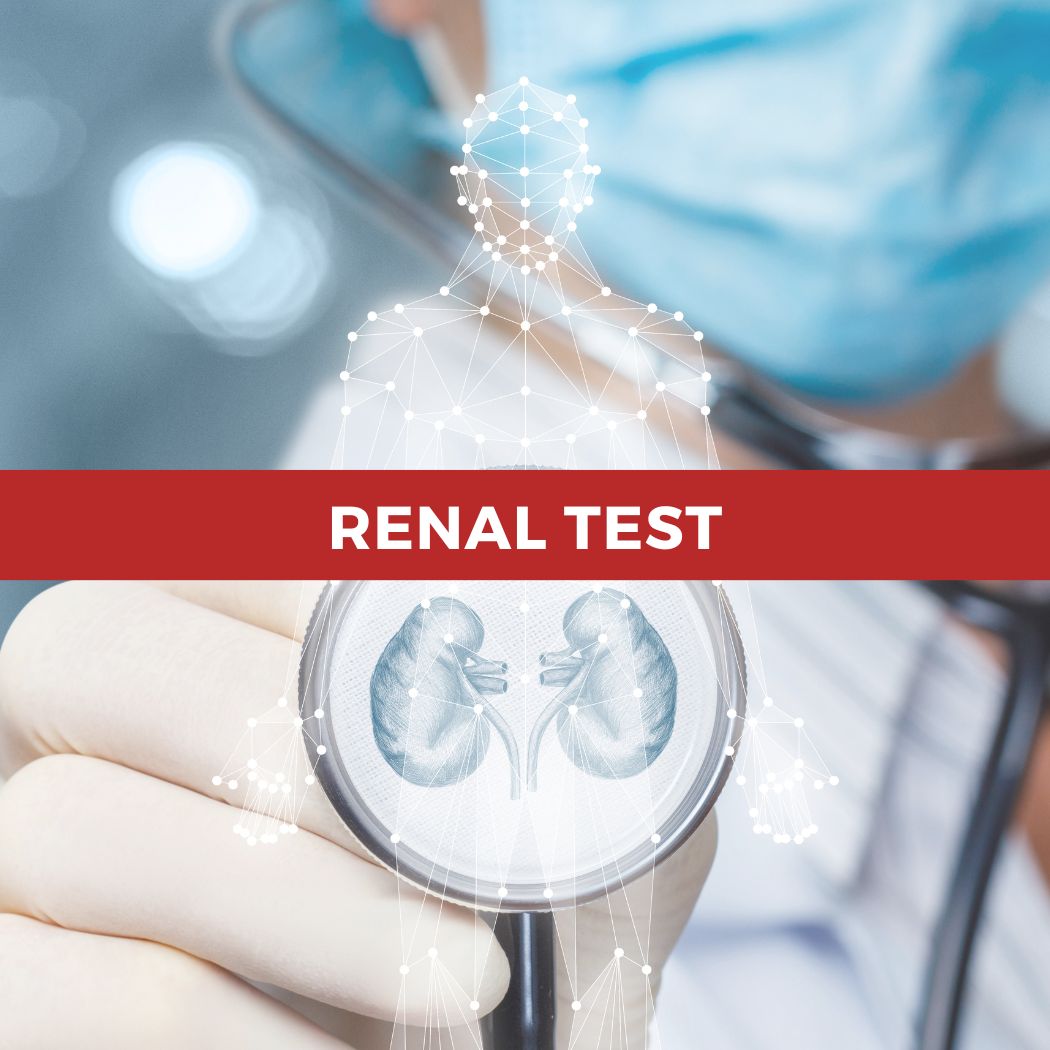
The kidneys are two bean-shaped organs located near the middle of your back, one on each side of your spine. Each kidney is connected to the bladder by a thin tube called a ureter. Healthy kidneys remove wastes and excess fluid from the blood.
- Without the kidneys, the body would not be able to make urine to get rid of waste. You need at least one kidney to live.
Urine and blood tests can show how well the kidneys are doing their job. The only way to know how well your kidneys are working is to get tested. Kidney disease often has no symptoms until your kidneys are badly damaged.
eGFR: Estimated Glomerular Filtration Rate, is a calculation which determines how well your kidneys are filtering blood. It is calculated from the serum creatinine level using age and gender.
Creatinine: A muscle-produced waste product filtered out by the kidneys. When your kidneys are not working well, your serum creatinine level goes up.
Urea (BUN): Your blood urea nitrogen (BUN) level is based on a blood test that measures the amount of urea nitrogen in your blood. Urea nitrogen is a waste product that your body makes after it breaks down protein.
Urinalysis: Includes microscopic examination of a urine sample. This test can help to detect a variety of kidney and urinary tract disorders, including chronic kidney disease, diabetes, bladder infections and kidney stones.
Kidney Ultrasound: A kidney ultrasound (also called a renal ultrasound) is a painless imaging test that makes pictures of your kidneys.
HbA1c: This test measures the average amount of glucose (sugar) that has been in your blood over the last three months, in case of diabetes.
In a person with diabetes, insulin is not used the right way, and too much sugar stays in your blood. After some time, having too much sugar in your bloodstream can damage the small blood vessels in your kidneys and can lead to kidney disease. Diabetes can also damage the body’s nerves. The nerves in your bladder are responsible for making you feel like you need to urinate (pee) when your bladder is full. If the nerves are damaged, you might not feel the need to urinate. This can cause urine to build up in the bladder or stay in the bladder too long, which can lead to kidney damage and often urine infections.
Source: www.kidneyfund.org













